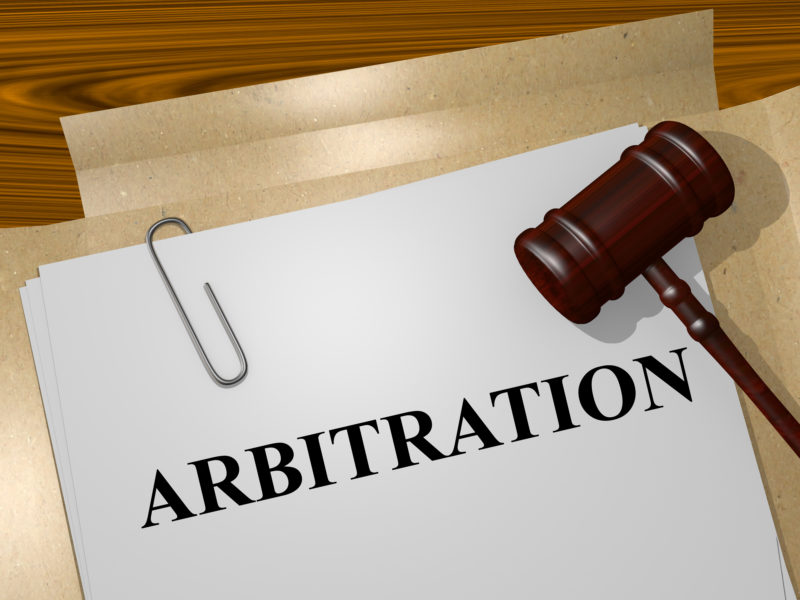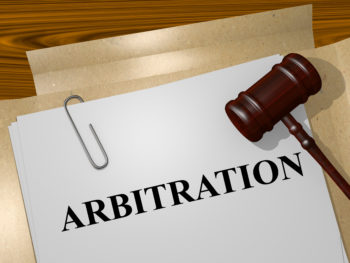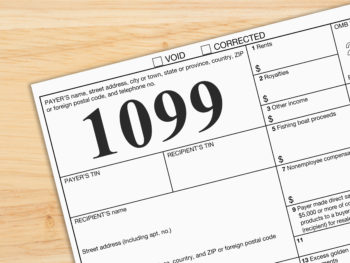If you have a Chase credit card (any credit card issued by J.P.Morgan Chase Bank, N.A.), you should read this, even if you have the card for emergencies and don’t regularly use it.
On June 5, 2019, Chase Bank announced that most Chase credit cards will from now on include an arbitration clause, or an agreement that only binding arbitration (or “forced arbitration) will be used to resolve any and all disputes.
You may have received, or will be receiving, this notice of change of terms in writing from Chase.
You have the right to opt out, but only if Chase receives your written rejection before August 7, 2019. To reject the arbitration clause, you must send on paper, by snail-mail, a writing that you reject Chase’s agreement to arbitrate, and include your:
- Name
- Account Number
- Mailing Address
- Handwritten Signature
Your notice must be mailed to Chase at:
Card Services
P.O. Box 15298
Wilmington, DE 19850-5298.
Rejection notices sent to any other address, or sent by electronic mail or communicated orally, will not be accepted or effective.
Be sure to save copies of your signed letter, the envelope showing the address you used to mail it, and proof of Chase’s receipt either by certified mail or priority mail.
Remember, Chase must receive your rejection letter before August 7, 2019, a Wednesday. Therefore, unless you are sending well before the end of July, your best bet is Priority Mail sent no later than Friday, August 2, 2019. This is because from most parts of the country, Priority Mail takes two or three postal days to arrive at its destination. Certified mail (with the green return receipt) can take longer than that.
Why Opt-Out From Arbitration?
Some might wonder, but what’s so bad about arbitration?
As Chase’s new agreement will tell you, with arbitration, you cannot go to court, and you lose the right to a jury trial.
You also lose the right to initiate or even participate in a class action for your dispute.
In arbitration, disputes are resolved by an arbitrator drawn from a panel of arbitrators pre-selected by the bank, not a judge or jury. The simpler procedures and rules tend to favor the corporate world because the arbitrator is not required to follow the law, and there is no right to appeal.
Binding or forced arbitration provisions are typically favored by the corporate world as they avoid costly class-action lawsuits. Instead of fighting a big group of people, a company can deal with each individually, which is much easier, requires more effort and action from otherwise busy customers, and ultimately less costly. According to the CFPB, class actions are more effective at returning money to harmed consumers, and forced arbitration is typically used to block that.
Still, How Would Forced Arbitration Really Affect You?
You might be wondering, “Still, why should I care about this? I don’t expect to have any disputes with Chase over my credit card.”
However, you never know when a dispute might come up, not owing to anything you do, but to a mistake by Chase, or fraud by someone else.
One of my clients (who I will here refer to as “Tom”) found that there was a fraudulent transaction on his Chase credit card, a purchase that Tom did not make. Within the 60 days allotted under the Truth-in-Lending Act, Tom notified Chase that the purchase was not his. However, Chase disagreed, paid the merchant, and then proceeded to attempt to collect the amount from Tom for about eight months.
In the meantime, Tom’s credit rating suffered. He had previously enjoyed excellent credit, but due to Chase Bank’s refusal to properly review his documentation, Tom’s FICO score came down more than 150 points. For about one year, Tom put off getting a new car loan due to the higher interest he would have to pay with a lower credit score, and Tom was unable to help his daughter get a mortgage.
Tom’s documentation of the fraud was so persuasive that the three major credit bureaus, Experian, Equifax and TransUnion, eventually agreed with Tom and removed the negative credit material from his reports.
Tom may have a case against Chase Bank, which he can file in either federal District Court or a California Superior Court, to enforce his consumer rights under various federal statutes and California statutes. Tom will preserve his right to a trial by jury, so long as he sends in his written rejection of the arbitration clause, and so long as Tom has proof that Chase received it before August 7, 2019.
If you have a credit card with Chase, don’t put it off: send in your written, signed rejection by Priority Mail as soon as possible, preferably before the end of July, 2019. Include your name, address, account number, be sure to sign off on it by hand, and snail-mail it to Chase at Card Services, P.O. Box 15298, Wilmington, DE 19850-5298.








 Yes, It IS Possible to Undo a Default Judgment!
Yes, It IS Possible to Undo a Default Judgment!
Leave a Reply